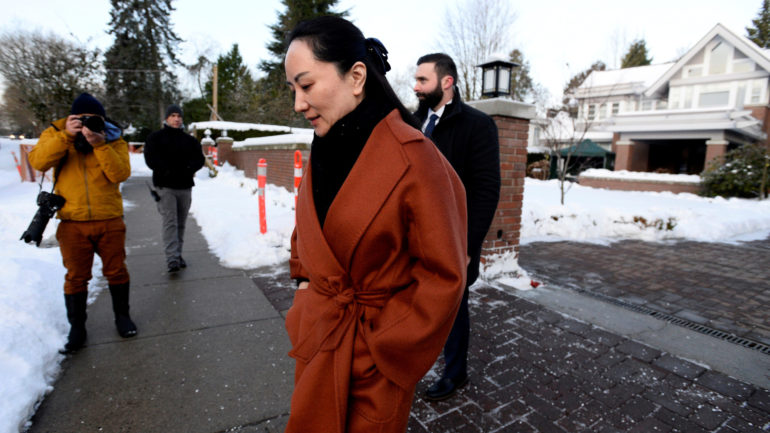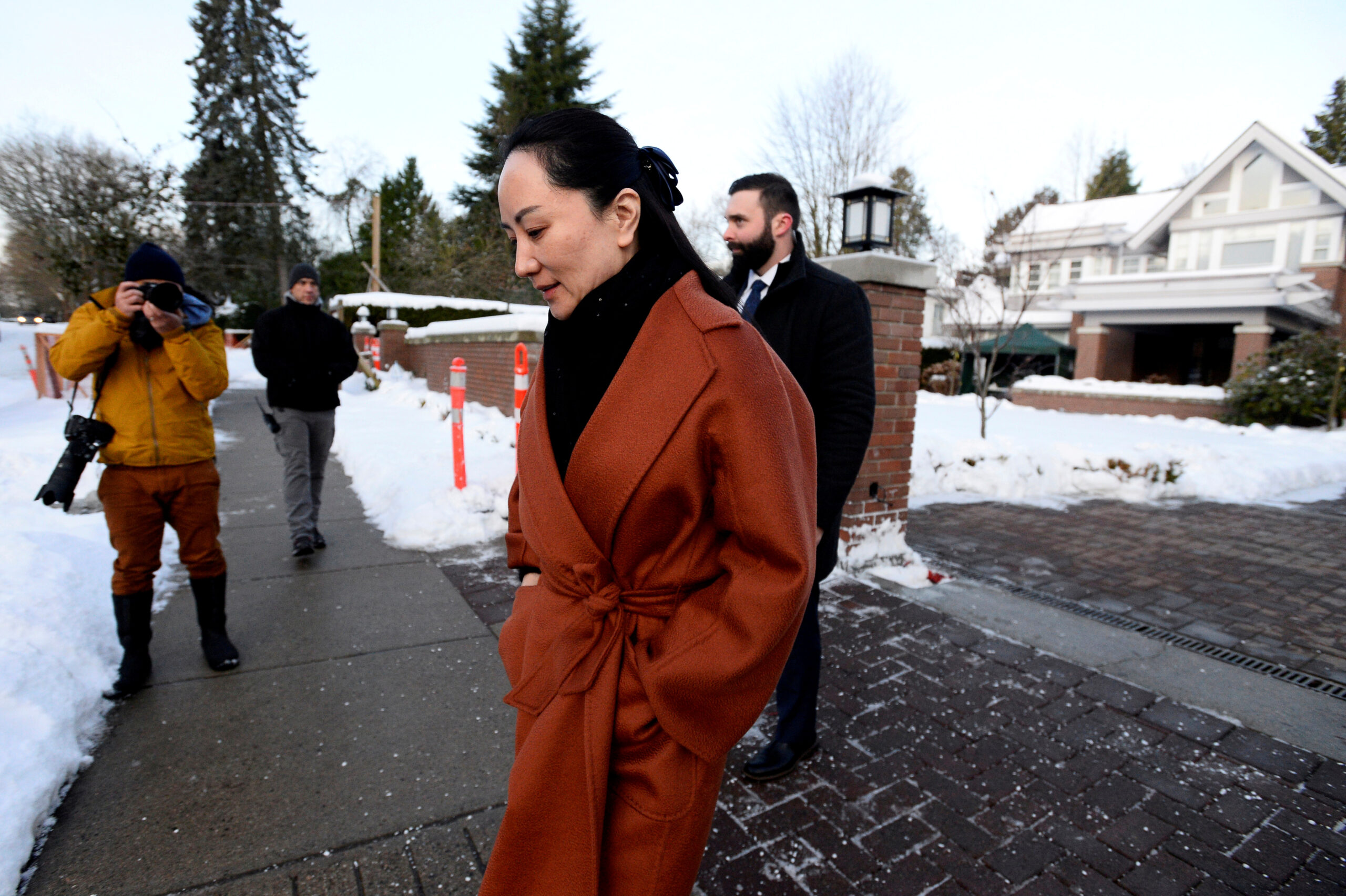
Galvin Zaldivar
The extradition hearing has begun for a high-level executive of a major Chinese tech firm.
It has been over a year since Meng Wanzhou, Huawei’s Chief Financial Officer (CFO), was arrested by Canadian border officials at Vancouver International Airport.
Meng has been accused by the United States of committing fraud by hiding the relationship between Huawei and a company that allegedly violated sanctions against Iran.
Shortly after her arrest, two Canadian nationals, Michael Spavor and Michael Kovrig were detained by Chinese authorities.
A key bar for the extradition case will be if Meng’s actions would still be considered a crime if they occurred north of the border, known as “double criminality.”
As Canada did not have similar sanctions on Iran at the time her arrest warrant was made, the defense argues Meng’s actions did not meet that standard.
The Crown contends the spirit of Meng’s actions did meet double criminality, as though Canada did have similar economic sanctions on Iran.
Robert Peck, the lawyer for the Defense, asked if this extradition would be happening if not for American sanctions law against Iran.
“In our respectful submission, the response is no,” he said according to Jason Proctor, a CBC reporter, liveblogging the opening statement from the courtroom.
In allowing Meng to be extradited to the United States, Canada would be enforcing laws it has “expressly rejected,” Peck said. “We are being asked to assist the U.S. to enforce its sanctions.”
Without the sanctions on Iran, the U.S. would not be seeking the extradition of someone who, in essence, lied on a bank loan, Eric Gottardi, another of her lawyers said according to the CBC.
The defense will also argue Meng is being used as a pawn in the ongoing trade dispute between China and the United States.
As the hearing began, Benjamin Howes, Huawei Canada spokesperson released a statement that said, Huawei would not comment on the ongoing legal proceeding, but “trust in Canada’s judicial system, which will prove Ms. Meng’s innocence.”
Outside the court, some protestors gathered calling for Meng’s release, as well as that of Spavor and Kovrig. Others drew attention to the treatment of Uyghurs in Xinjiang by Beijing.

